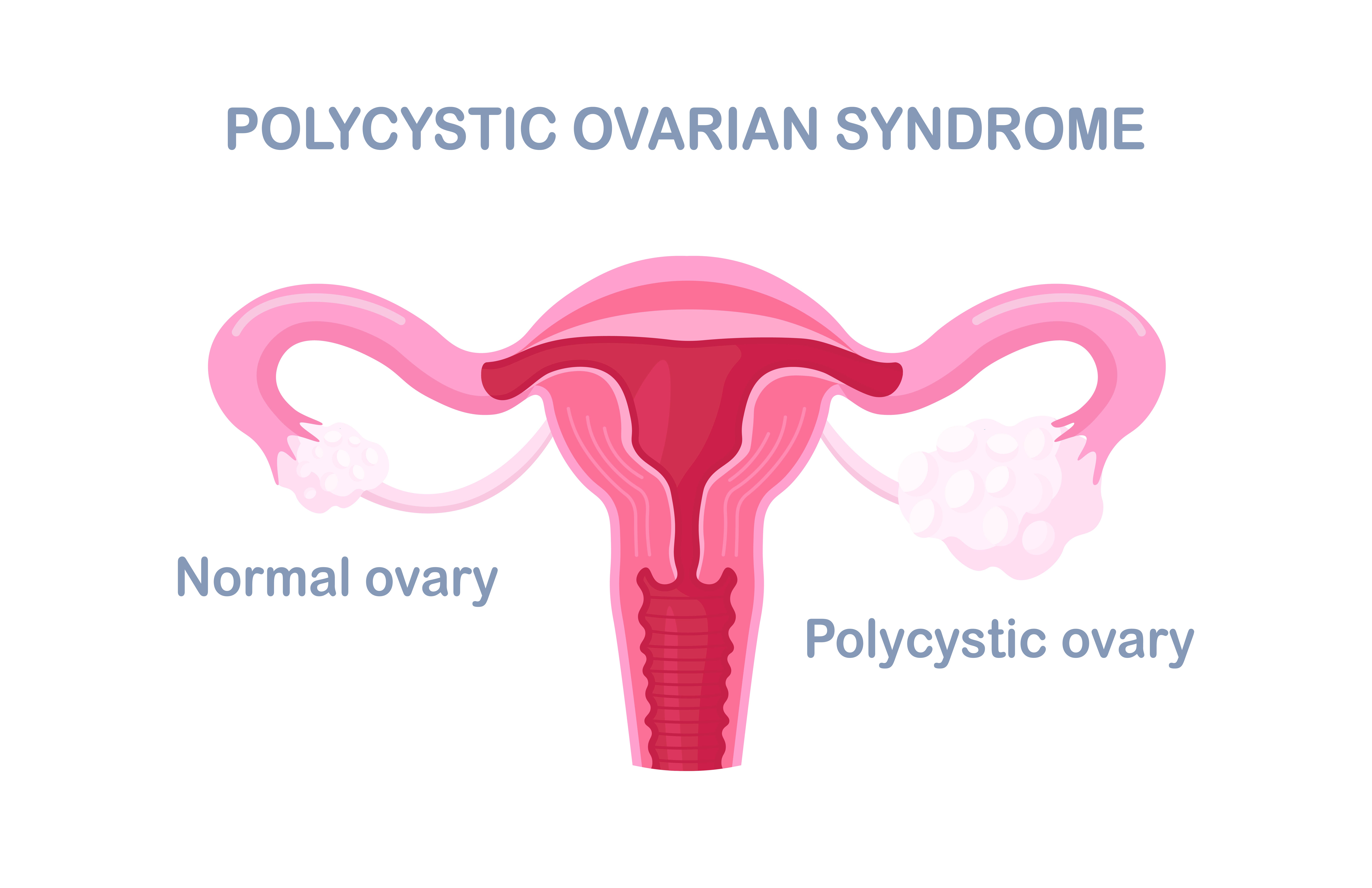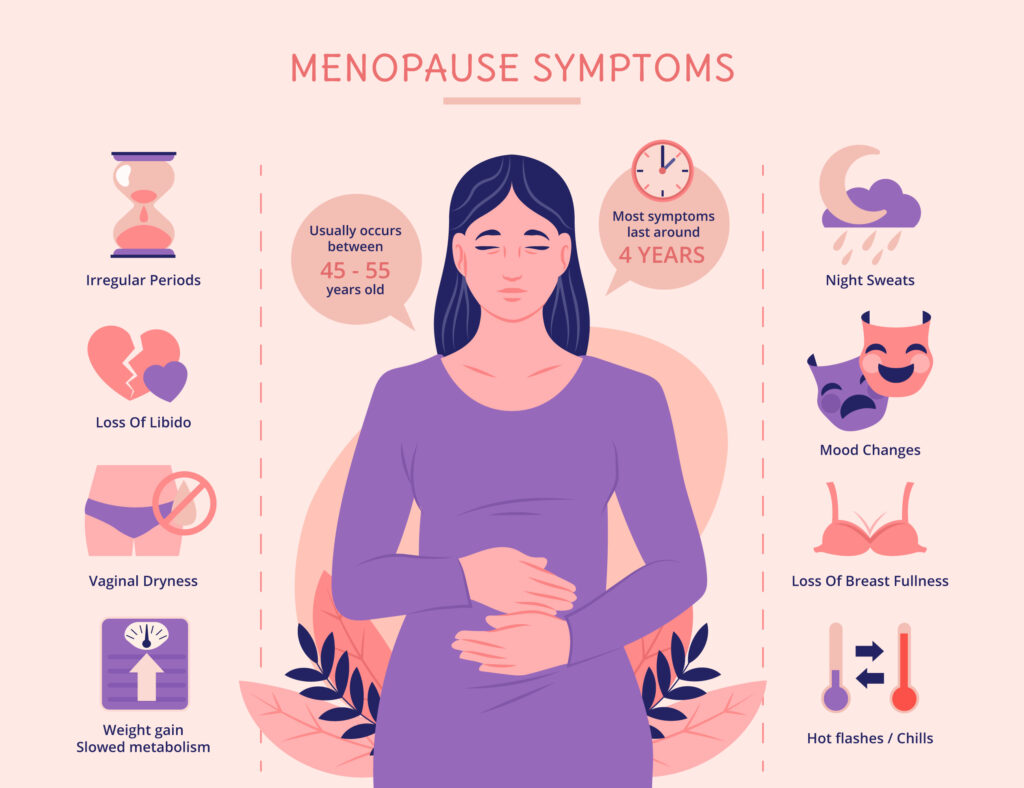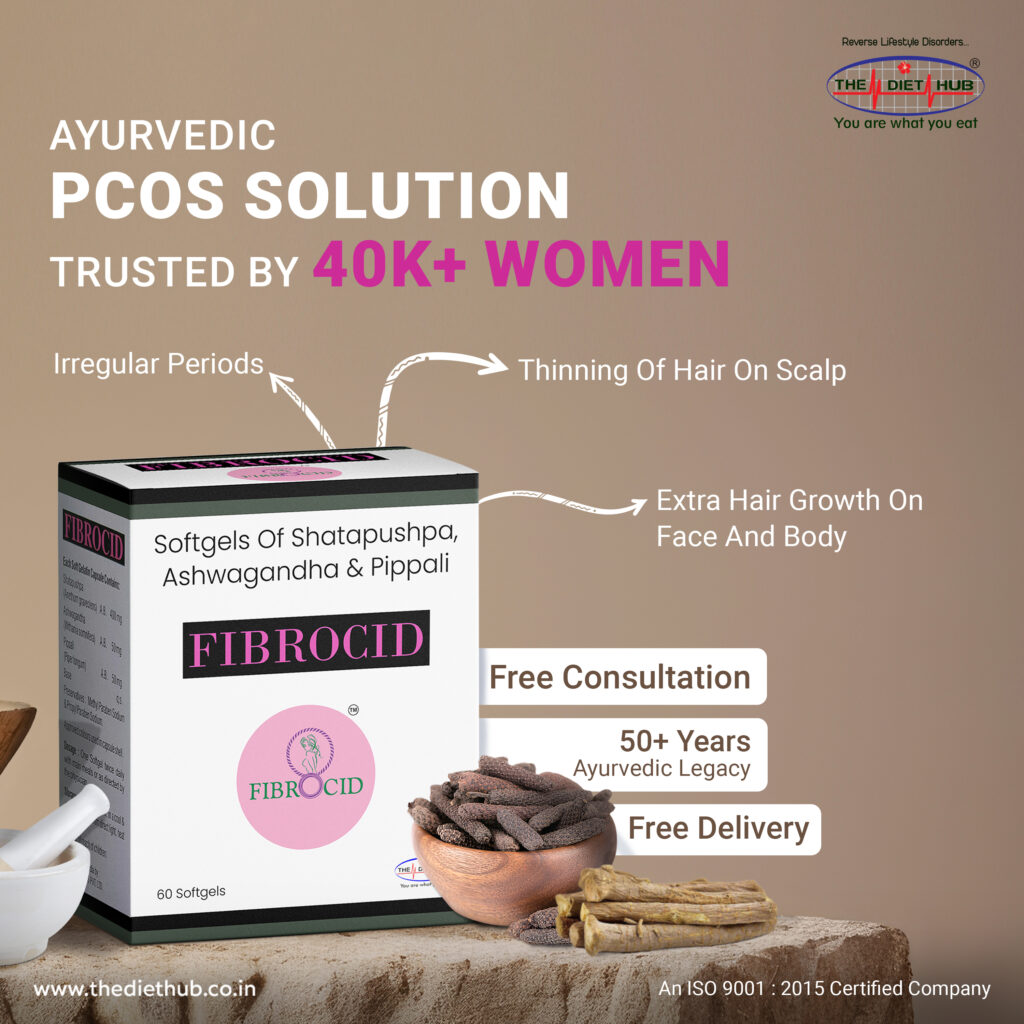How Your Lifestyle is linked with PCOS?
You’ve been dealing with crazy irregular periods, excess hair growth, and weight gain that you just can’t seem to manage. It’s frustrating trying to get answers and figure out why your body is out of whack. You finally get diagnosed with PCOS and start wondering how your lifestyle might be contributing. Turns out, the way you live can have a direct impact on PCOS symptoms. From diet and exercise to sleep and stress, the habits you build make a difference. As you learn to adjust certain lifestyle factors, you may find some relief. This article will explore the connection between lifestyle and PCOS, arming you with actionable tips to start feeling better from the inside out.


Understanding PCOS and Its Symptoms
Polycystic ovary syndrome or PCOS refers to a hormonal imbalance that affects roughly 1 in 10 women. With PCOS, your ovaries may develop numerous small cysts and you may experience symptoms like irregular periods, excess hair growth, and difficulty getting pregnant. The exact cause of PCOS isn’t fully understood but some factors that may contribute to it include:
- Genetics: PCOS seems to run in families and having a close female relative with PCOS increases your risk.
- Insulin resistance: Your body’s cells don’t respond properly to the hormone insulin, causing high insulin levels. Insulin resistance may lead to weight gain and influence the development of PCOS.
- Inflammation: Some research suggests that low-grade inflammation may play a role in PCOS. Inflammation could influence insulin resistance and reproductive health.
- Excess androgen: Women with PCOS often have abnormal hormone levels, including higher levels of male sex hormones like testosterone. Excess androgens interfere with the development and release of eggs from the ovaries.


Some common symptoms of PCOS
- Irregular or absent periods: You may have fewer than 8 periods a year or skip
periods altogether due to lack of ovulation. - Acne and excess facial or body hair: Due to higher male hormone levels.
- Weight gain or difficulty losing weight: Which is often centered around the abdomen.
- Infertility or difficulty getting pregnant: Due to lack of ovulation or infrequent ovulation.
- Pelvic pain: From enlarged ovaries with cysts.
- Sleep apnea: Excess weight and hormonal changes may increase the risk of this sleep disorder.
- Depression or anxiety: Likely related to the challenges of living with and managing PCOS symptoms.


The symptoms and severity of PCOS can vary from woman to woman. Some women may experience mild symptoms while others can have more severe symptoms. The good news is PCOS is a manageable condition and many symptoms can be improved with lifestyle changes, medication, supplements or medical procedures. Talk to your doctor about the best treatment options based on your symptoms and health needs.
Lifestyle Factors That Can Worsen PCOS
Several lifestyle factors have been linked to increasing PCOS symptoms or making The condition harder to manage. The good news is, many of these are within your control By making healthy lifestyle changes, you can help alleviate PCOS and improve your quality of life
- Excess Weight
Carrying extra weight, especially in the abdominal area, is common for women with PCOS and can exacerbate symptoms. Losing weight and staying at a healthy BMI can help regulate your menstrual cycle, improve fertility, and lower your risks for other complications like diabetes and heart disease. Aim for losing 1-2 pounds per week Through a balanced diet and exercise.
- Poor Diet
Eating an unbalanced diet high in refined carbohydrates, sugar, and unhealthy fats can spike insulin levels, promote inflammation, and worsen PCOS signs. Focus on lean proteins, high-fiber whole grains, fresh fruits and vegetables, and healthy fats like nuts and olive oil. Limit red meat, sugar, and processed foods. Staying hydrated and drinking plenty of water also helps your body function properly.
- Lack of Exercise
Exercise is vital for PCOS management, Being sedentary reduces insulin sensitivity and can lead to weight gain. Aim for at least 30 minutes of moderate exercise most days of the week. Walking, jogging, yoga, and strength or circuit training are all great options. In addition to burning calories, exercise helps improve sleep, boost mood, and relieve stress -all of which can positively impact PCOS
- Chronic Stress
Too much cortisol, the stress hormone, can exacerbate PCOS by raising inflammation and blood sugar levels. Practicing self-care techniques like meditation, deep breathing journaling, or yoga nidra can help lower your stress levels. Getting enough sleep, limiting alcohol and caffeine intake, and spending time with others who support you can also help you feel more balanced and better equipped to handle life’s demands
Making healthy lifestyle changes may require effort, but the rewards of improved health and PCOS management are well worth it. Focus on progress, not perfection, and be gentle with yourself along the way. With time and practice, these good habits will become second nature.
Fibrocid: Nature’s Support for Balanced Wellness
Fibrocid is a unique blend of powerful Ayurvedic herbs specifically formulated to support women with PCOS. It harnesses the wisdom of ancient healing traditions, offering a natural approach to manage symptoms and promote overall well-being.


Key Ingredients and Their Benefits
- Lodhra: Traditionally used to promote healthy reproductive tissue and regulate hormonal balance.
- Ashwagandha: An adaptogenic herb known to reduce stress, improve insulin sensitivity, and support hormonal balance.
- Shatavari: Nourishes the female reproductive system, balances hormones, and promotes overall vitality.
- Guggulu: Supports detoxification, healthy metabolism, and balances Kapha dosha, which is often aggravated in PCOS.
How Fibrocid Complements Your Lifestyle Efforts
By incorporating Fibrocid alongside your healthy lifestyle choices, you can potentially experience:
- More regular menstrual cycles: Fibrocid may help regulate ovulation and hormone levels, leading to predictable periods.
- Reduced unwanted hair growth: Balanced hormones can minimize excessive hair growth on the face and body.
- Improved skin health: The anti-inflammatory properties of the herbs may help manage acne and promote clearer skin.
- Weight management support: Fibrocid can aid in healthy weight management by improving insulin sensitivity and metabolism.
- Enhanced overall well-being: The adaptogenic and balancing properties of the herbs can promote stress resilience, better sleep, and increased energy levels.
Conclusion
Living with PCOS can be challenging, but remember, you’re not alone. By understanding how your lifestyle choices impact your symptoms, you can take control and pave the way for a healthier, more balanced you. Implementing healthy habits like balanced diet, regular exercise, stress management, and adequate sleep lays the foundation for positive change.
Fibrocid, with its unique blend of Ayurvedic herbs, can be a valuable companion on your journey. It offers natural support for managing PCOS symptoms, potentially leading to more regular cycles, reduced unwanted hair growth, improved skin health, weight management assistance, and enhanced overall well-being.
Remember, consistency is key. Embrace the gradual progress and celebrate your victories along the way. Fibrocid, combined with healthy lifestyle choices and open communication with your doctor, can empower you to manage your PCOS and live a fulfilling life.
Visit The Diet Hub website to learn more about Fibrocid and explore other Ayurvedic solutions. We are here to support you on your journey towards a healthier and happier you.



